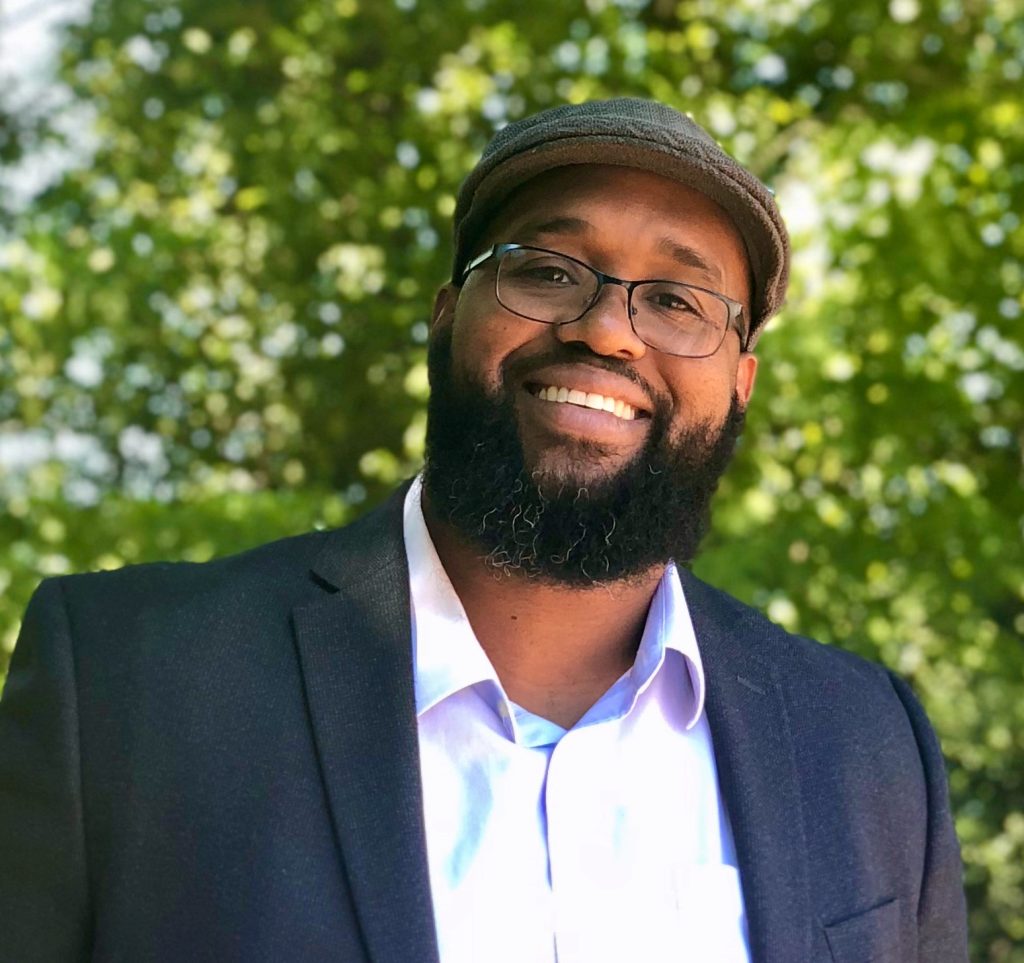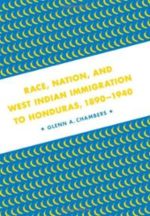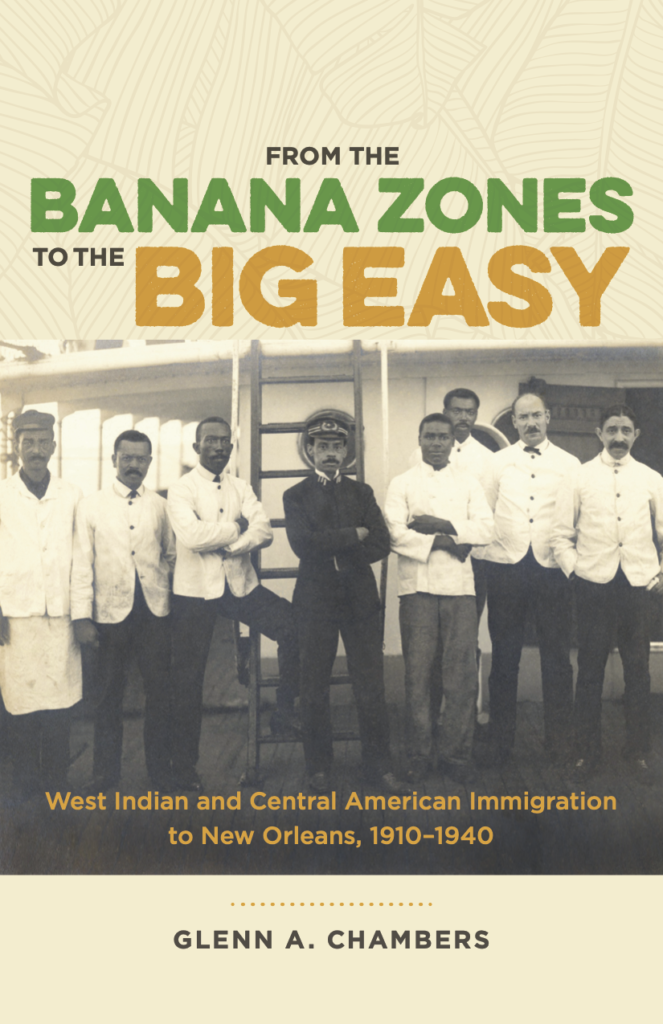
Position: Professor and Associate Dean, Honors College
Field: 19th Century, 20th Century, Migration
Region: Caribbean and Latin America
Office: 141E Old Horticulture
Office Hours: Tuesday and Thursday 1:30-2:30 pm
Email: chamb311@msu.edu
Phone: 517-884-4876


Dr. Chambers received his Ph.D. in Latin American and Caribbean history from Howard University in 2006. Specializing in the history of the Modern Caribbean, Dr. Chambers focuses on the former British colonies post emancipation, specifically on the social and cultural history of African descended populations during the period between the Spanish American War and WWII and the political and economic expansion of the United States into the region. The impact of such shifts on local populations, and the immigration/migration patterns that emerged because of changes to the labor situation of everyday citizens are persistent themes throughout Dr. Chambers’ research. Initially this work focused exclusively on West Indian immigrants to the Republic of Honduras due to the growth of the U.S. dominated banana industry. However, his work has transitioned in recent years to include Caribbean and Central American populations on the U.S. Gulf Coast, specifically, New Orleans, Louisiana. Dr. Chambers is the author of two books: Race, Nation, and West Indian Immigration to Honduras, 1890-1940 (Baton Rouge: Louisiana State University Press, 2010) and From the Banana Zones to the Big Easy: West Indian and Central American Immigration to New Orleans, 1910-1940 (Baton Rouge: Louisiana State University Press, 2019). He has also co-edited a book, New Frontiers in the African Diaspora (East Lansing: Michigan State University Press, 2018) in addition to published articles in academic journals.
Dr. Chambers is an avid jazz afficionado and is currently working on a biography of the jazz saxophonist, Eric Dolphy. Born in Los Angeles in 1928 to Panamanian and Costa Rican parents of West Indian heritage, the project situates Dolphy as an Afro-Diasporic figure whose musical exploits align with major currents in the broader African – American and West Indian – American migrant and immigrant experiences.